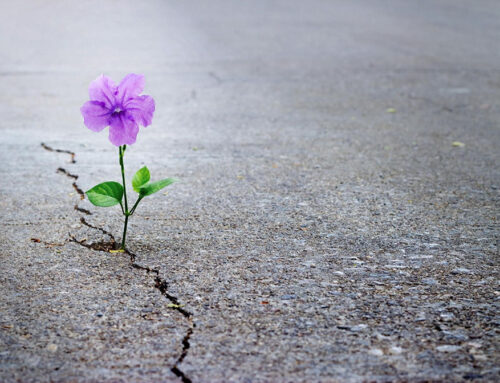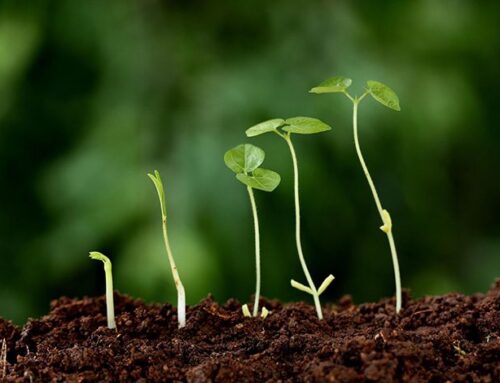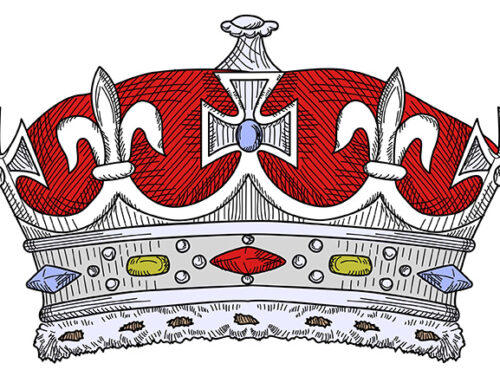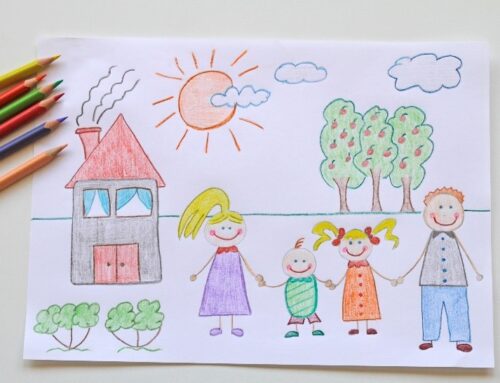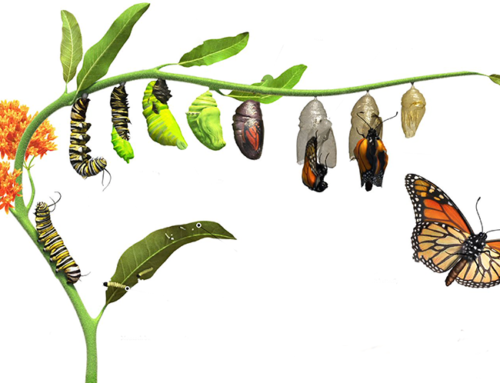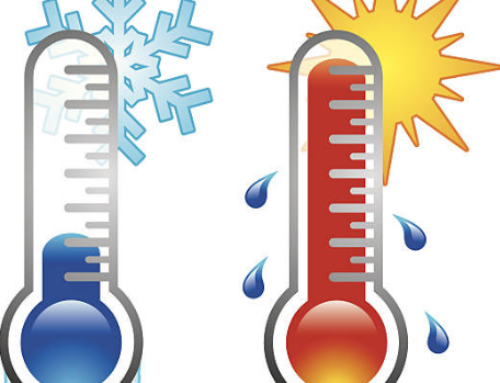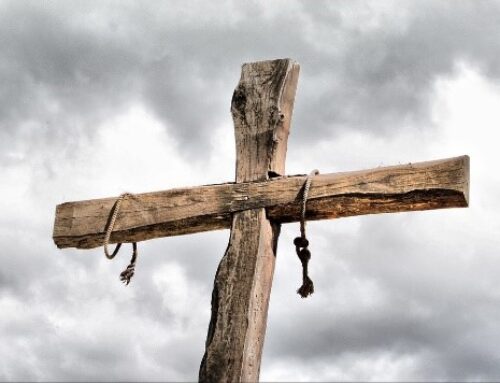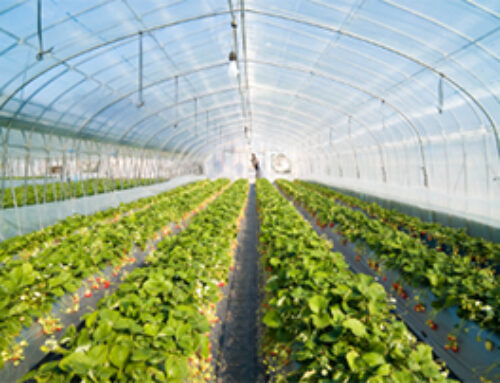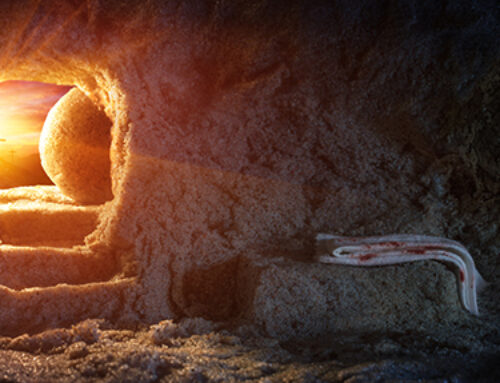–by Allan Pole

Serving others is challenging and rewarding, frustrating and fulfilling. We sacrifice time, energy and money to reach out and help. Why do we do it? I find the answer in Psalm 126:5-6: “Those who sow in tears will reap with songs of joy. He who goes out weeping, carrying seed to sow, will return with songs of joy, carrying sheaves with him.” —NIV
The writer of Psalms reflects on the Jews’ return from captivity in Babylon and Persia more than 500 years before Christ. The Persian conqueror of Babylon, Cyrus the Great, gave the Jews permission to return to their beloved homeland. They had been through a lot of pain and tears, but the time for rebuilding and rejoicing had come. Like the rain and streams would refresh the dry and thirsty land of the Negev, a time of renewal had come for the descendants of Abraham.
We can glean two essential principles from Psalm 126:5-6.
 Good things happen when we sow in tears.
Good things happen when we sow in tears.
What does it mean to sow in tears?
When we first look at the Beatitudes of Jesus in Matthew chapter 5, they seem counter intuitive. Blessed are those who mourn. Blessed are the poor in spirit. Blessed are the meek. His principles and promises go against the grain of human logic and reasoning. We don’t want to embrace tears and mourning. We want to avoid them because we tend to dodge pain and discomfort. However, trainers will tell us, “No pain, no gain.” We don’t want to admit it, but suffering is necessary to achieve something of eternal value.
Sowing can be painful because we hang on to this seed, rather than let it go. We prefer to consume it now, instead of waiting. Sowing calls for an open hand, rather than a closed fist. We need vision and foresight to see that something much bigger and better will come from the seed.
A casual sower does not sow in tears. Such a person starts the job but does not stick with it. He lives for the moment and in his short-sightedness misses out on the future reward. He focuses on short-term gratification rather than long-term fulfillment. A casual sower is half-hearted and distracted. He is more interested in what feels good now (and what other people think), than in the results of a commitment to godly convictions.
When we sow in tears, we sow in sacrifice—fully aware of the price of placing the seed in the ground. To sow in tears is to step out of our comfort zone. We must work the soil, plant and water the seed, pull the weeds and harvest the crop when it’s ready. It will be neither easy nor comfortable. There will be times when we would rather sleep in, or go out and do something fun. It will require hard work when we don’t feel like working.
The American evangelist, D.L. Moody (1837-1899), concluded, “Our greatest fear should not be of failure, but of succeeding at something that doesn’t really matter.”
We need to decide the following:
- What matters in the grand scheme of things?
- Who are the priority people in my life?
- Who will get my heart?
- Where should I invest most of my time, energy and money?
- What will get my heart?
 There is a price for progress. Are we willing to pay this price?
There is a price for progress. Are we willing to pay this price?
Good things happen when we reap with cheers.
What does it mean to reap with songs of joy?
The phrase “songs of joy” comes from one Hebrew word in Psalm 126:5-6, translated as “songs of joy” or “shouts of joy.” These two verses are prime examples of parallelism, which uses repetition to describe and emphasize a point. After 70 years of mourning in captivity, it was time for the nation to rejoice over its freedom!
As enjoyable as a warm and sunny day is, we all know it can’t be warm and sunny every day. Rainy days are a part of life and serve an essential purpose. Canadians enjoy warm sunny days because we know they are short-lived. We cannot, and will not, take them for granted because we know the cold and snow are coming. When it came to the ups and downs of life, the Jewish people knew how to weep; and they knew how to celebrate. They knew the work and sacrifice of planting and the joy of harvest time.
I have never given birth to a child, but most women who have would say that all the pain and discomfort were worth it. I never met a farmer who regretted planting crops in the spring when harvest time came. Gardeners are always glad they did the work when they gather the fruit and vegetables.
Eternal vision looks past the price and focuses on the reward. We will have trouble and heartache in this world, but let’s keep our minds on the things above. Let’s look past our short-term pain to long-term gain. How much do the Lord and His goodness motivate us? How much do we think about the return of the Lord of the harvest?
Good things happen when we sow in tears and reap with cheers. Decide where to go all in, then go all out.














